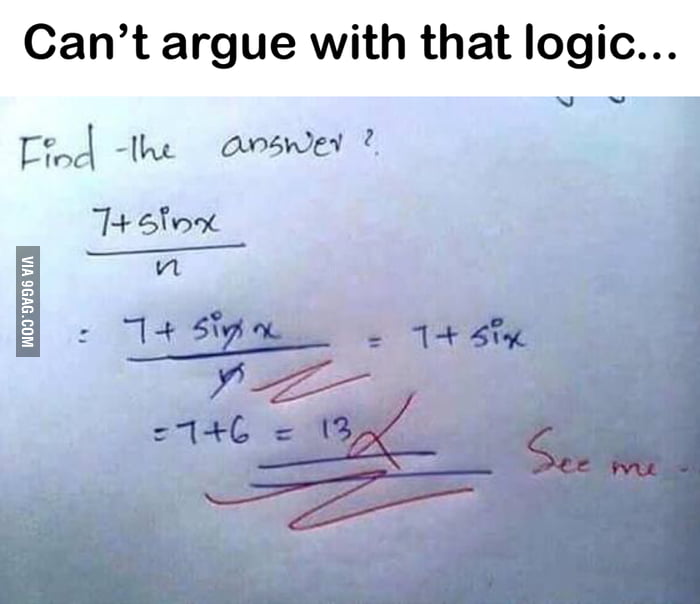
Originally Posted by
Magna

The problem then is if we assume that the statement "There are no absolutes." is an absolute statement, then the negation "There are absolutes." is also an absolute statement. This statement has no absolute/non-absolute negation, so it doesn't belong to the set of absolutes/non-absolutes, and can only be used to express belief in there being absolutes and non-absolutes or neither absolutes and non-absolutes and is thus a separate thing entirely.
That's because the true contradiction of an universal statement is a particular one.
http://en.wikipedia.org/wiki/Square_of_opposition. You haven't made just a negation, but changed the quantification as well. We intuitively know that this is the "true negation", though it is more than that, and it should not be confused with generic negations. The four statements would be:
"There are no absolutes" ("Every thing is not absolute") ∀a, a⇒¬P
"Everything is absolute" ∀a, a⇒P
"There are things that are absolute" ∃a a⇒P
"There are things that are not absolute" ∃a, a⇒¬P
The true contradiction comes between an universal and its particular, not between an universal (or particular) and its negation, the bold:
- "All As are P" VS "No As are P" ("All As are not P") - okay, it is absurd to compare the two and obviously they can't be both true, one of them may be true but both can be false anyway (contraries).
-
"Some As are P" VS "No As are P" - now, certainly one of the statements is true and the other is false. One is actually the total negation of the other, the two are contradictory.
---
Partially-related, I mention it because the issue is way greater than this case, and this application gives a concrete example:
An analogous situation is the understanding of a psyche ring in Model A, this is where these rules I found most useful so far. People don't understand and don't care why and how a specific Ego function is conflicting with another. For instance, we know that the IEs, among other rules, negate each other in pairs, but in the Model there's more than that: while the Role function is a fallback for the Base, the PoLR is something normally unacceptable. In fact, a common mistake is to believe that "Fe-PoLR" means "not Fe" - case in which Te Creative would have conflicted with all Fe Egos -, while it actually means "not Fe-Base"!



 Reply With Quote
Reply With Quote

 and role lovin too. (
and role lovin too. ( ) I
) I  too...
too... 

 :" hitting cap makes me envision cervix smashing"
:" hitting cap makes me envision cervix smashing"


